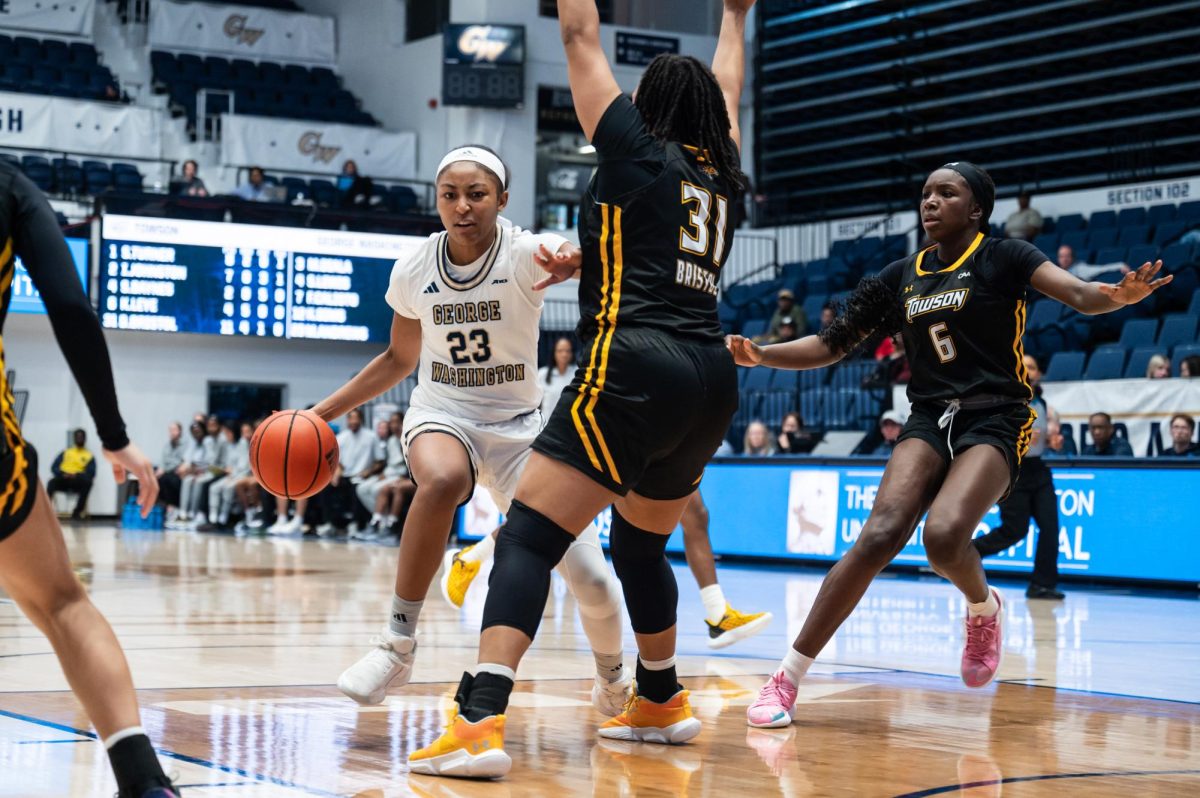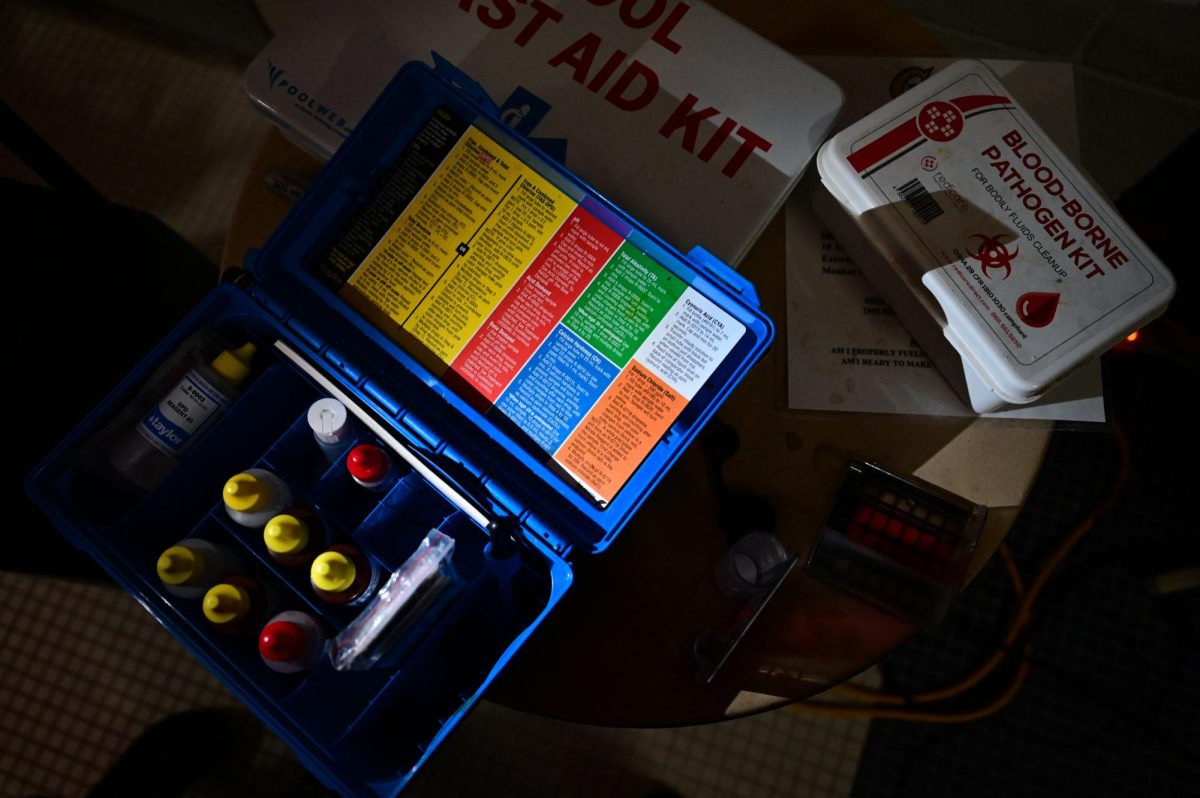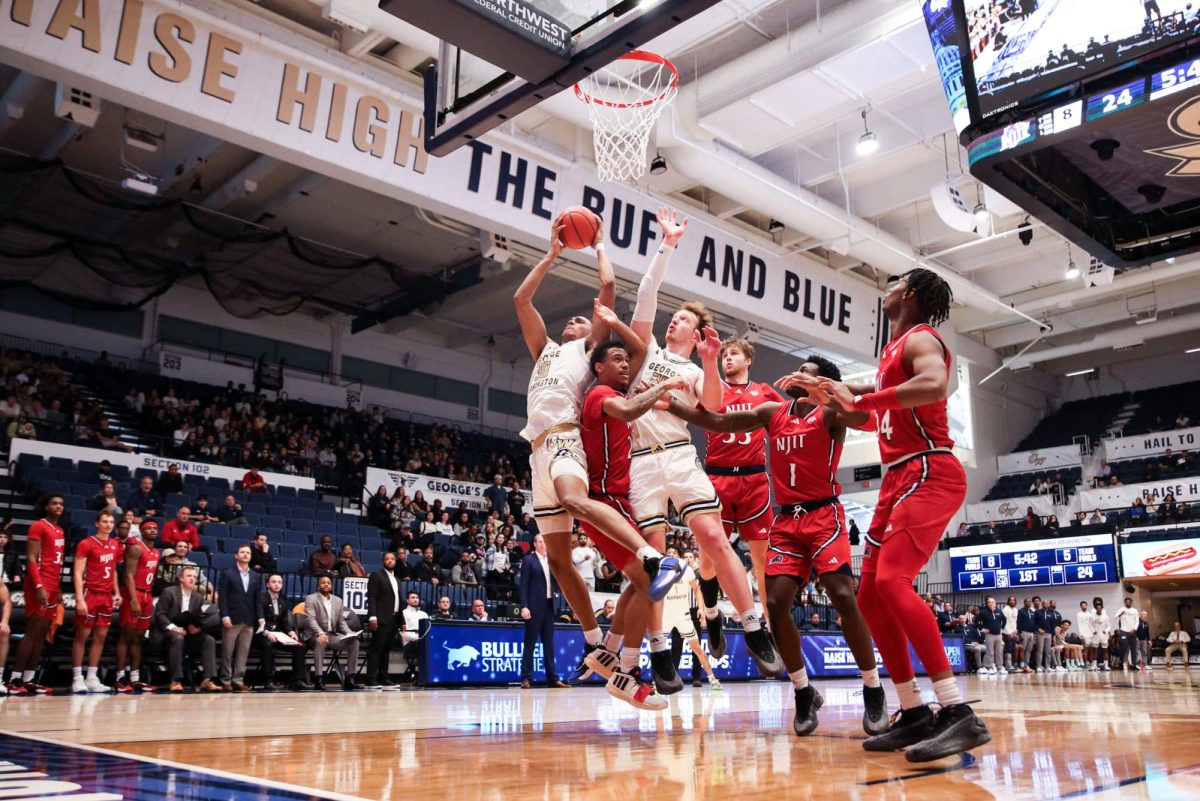When Kelley Vargo walks around campus, athletes like to pull her aside and show her their plates.
It’s an experience that couldn’t make the Department of Athletics graduate assistant in nutrition happier.
“I was walking through Ivory last week and one of the players grabbed me and said, ‘look, look what I’m eating,’ and pointed it out to me,” Vargo said. “A lot of the athletes have been coming up to me and pointing it out. I think there’s that cognitive approach where they’re like, ‘wow, I ate this,’ and they’re remembering and they’re conscious of it, which I think is a great step.”
Vargo didn’t intend to work in the nutrition and wellness field. She entered a job at Children’s Hospital in Columbus, Ohio, after her freshman year at Wake Forest University as a pre-med major. But once she began work in the hospital’s rehabilitation ward, Vargo realized she was far more passionate about what she saw as lacking in her work environment.
“I saw what the kids were eating. These kids are recovering from cancer, yet they’re eating fried food and pizza,” Vargo said. “To me, it didn’t make sense. If you’re trying to get better, and you’re putting stuff that’s not good for you in your body, it doesn’t go hand in hand.”
So Vargo returned to school and shifted focus, changing to a double major in exercise science and chemistry to better understand the ties between food, nutrition and conditioning. Impressed by the correlation between energy levels and performance levels, Vargo put a personal spin on her studies by becoming a figure athlete and fitness model – her first competition in the District will be in October. She also earned an American Council on Exercise consultant certification and became a certified strength and conditioning specialist under the National Strength and Conditioning Association.
When Vargo heard about GW’s graduate assistant program in nutrition and wellness, she knew it was a perfect opportunity. It gave her a chance to work towards a master’s degree while connecting with the student population as a consultant and resource, and Vargo joined the team of trainers at Lerner Health and Wellness Center in August 2010. Soon, she was working with classes, teams and campus organizations, as well as conducting one-on-one sessions, educating the participants on making healthy choices and prioritizing exercise and good nutrition. When athletic director Patrick Nero joined the department, he knew Vargo could be a valuable resource for the intercollegiate athletic teams, and asked her to join the Department of Athletics on a more steady basis.
“If I can take the opportunity to work with our athletes to help them understand the importance of fueling up the right way, it just seemed amazing that they were willing to bring me on board,” Vargo said. “I think more and more, universities around the country are realizing this importance.”
Vargo meets with the intercollegiate athletics teams and their coaches once, for an hour-long session, to gain an understanding of their demands and specific needs. From there, she tailors the frequency and topics of subsequent sessions to the team’s needs, factoring in whether they’re in season and the amount they’re exercising and consuming. Her approach centers around goal-setting and coaching, Vargo said, something that has its roots in her former days as an athlete. She misses being able to compete, set a goal and work toward it, Vargo said, so she applies that philosophy to her work with GW’s intercollegiate athletics teams.
It’s all about fueling and conditioning the body, Vargo stresses. She likens the body to a car, pointing out that without proper fuel and maintenance, a car won’t run very far or very successfully. She guides the student-athletes through lessons on the ideal foods before and after and play, recovery nutrition and how to optimize the window after workouts, when bodies are most susceptible to absorbing nutrients. It’s about underlining the importance of personal nutrition and care choices, Vargo said, and she knows understanding those crucial elements pays dividends on the field.
“There’s so much you can talk about in choosing a healthy lifestyle, including the day to day, getting up, having a good breakfast, talking about those different options on campus,” Vargo said. “I have the opportunity to kind of help our athletes and students along those lines.”






